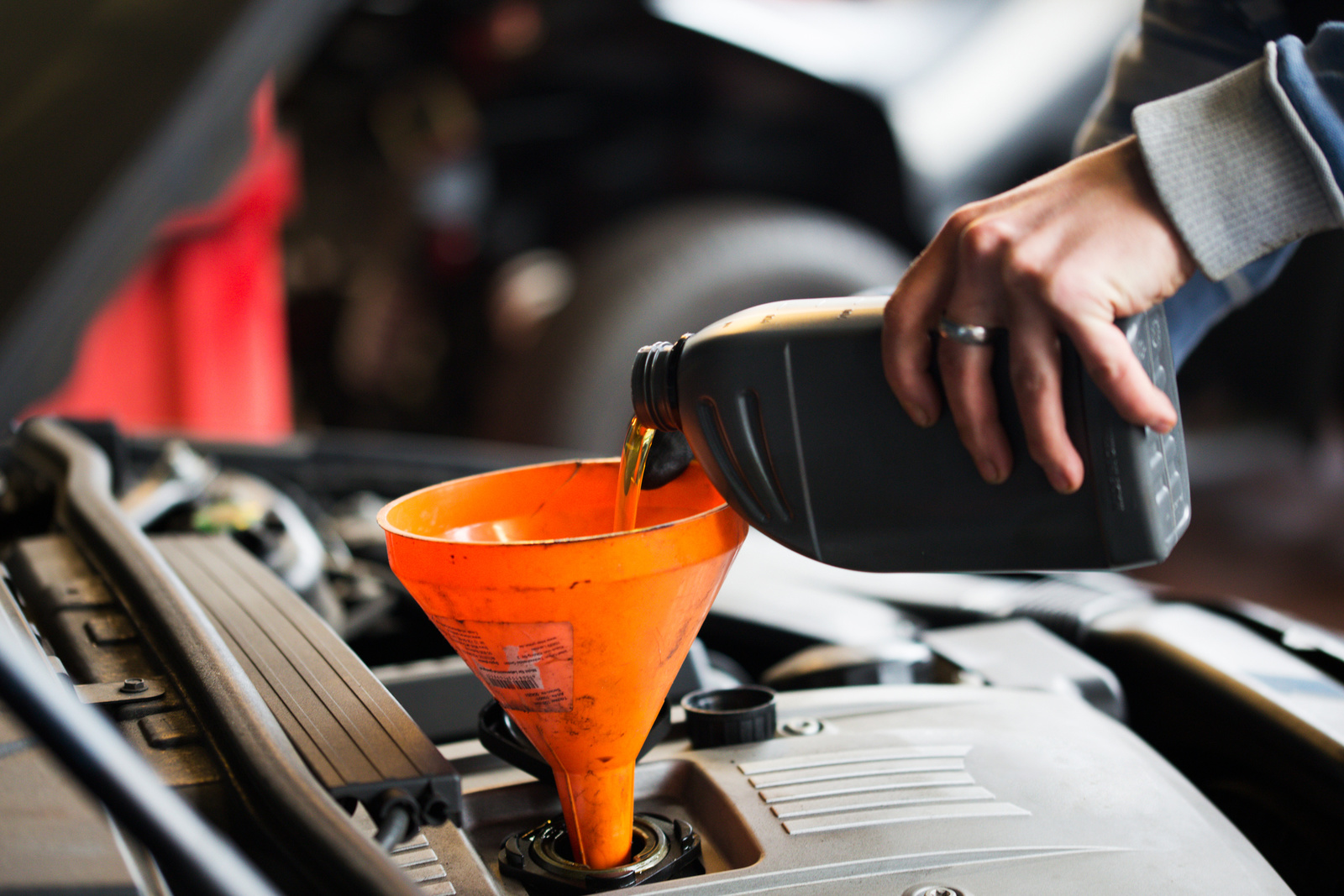Featured
# Usual Mistakes to Prevent When Keeping Your Vehicle
Appropriate vehicle maintenance is the structure of guaranteeing your auto's safety and security, long life, and efficiency. Even the most attentive cars and truck owners can drop right into practices or make errors that damage their lorries over time. Below prevail maintenance mistakes you must avoid to keep your vehicle in superb problem.
![]()
![]()
![]()
Verdict. Preserving your car does not need to be challenging, but preventing these common blunders can make a big distinction. By remaining aggressive, utilizing the ideal components and liquids, and consulting experts for more complicated tasks, you'll save cash on repairs and ensure your auto stays reputable and secure for several years to come. Normal treatment not just protects your financial investment yet also boosts your total driving experience.
- Missing Regular Upkeep. Among one of the most significant mistakes is disregarding regular upkeep jobs such as oil changes, tire turnings, and brake assessments. These jobs are vital to avoid deterioration, and missing them can cause larger, more expensive issues. Adhere to the maintenance schedule in your proprietor's guidebook to maintain your car in top shape.
[1].jpg)
- Ignoring Liquid Degrees. Your automobile relies upon different liquids, such as engine oil, coolant, transmission liquid, brake fluid, and windshield washing machine liquid, to run correctly. Failing to keep an eye on these levels can trigger mechanical problems, getting too hot, or even brake failing. Make it a habit to inspect these liquids routinely and top them off as required.
- Failing to remember to Replace the Air Filter. The engine air filter avoids dirt and debris from getting in the engine. A clogged up filter reduces air movement, bring about lower fuel effectiveness and minimized engine performance. Changing the air filter is a cost-effective and easy job, yet many automobile proprietors forget it. Inspect your air filter throughout regular maintenance and replace it if it's dirty or used.
- Overlooking Tire Care. Tire maintenance is vital for both safety and efficiency. Utilize a tire pressure gauge to inspect your tires monthly and adhere to the advised turning timetable in your manual.

- Utilizing Incorrect Parts or Liquids. Modern vehicles are designed with specific requirements for parts and liquids. Making use of the incorrect type of oil, coolant, or substitute part can lead to inadequacy or also damages. Always consult your vehicle's guidebook and purchase high-quality, manufacturer-recommended items.
- Overloading Your Car. Frequently overwhelming your car with heavy products can stress the suspension, brakes, and tires. This error is often forgotten however can result in lasting damage. Know your automobile's weight limit and prevent exceeding it, particularly for prolonged durations.
- Neglecting Warning Indicators. Your vehicle provides caution indicators when something is wrong, such as dashboard warning lights, uncommon noises, or lowered efficiency. Neglecting these signs usually brings about extra serious problems. Address problems instantly by speaking with a relied on auto mechanic or running an analysis check to identify the trouble.
- Postponing Brake Upkeep. Brakes are one of the most important security parts of your vehicle. Postponing brake inspections or neglecting indicators like squeaking, grinding, or decreased responsiveness can threaten your safety. Have your brakes inspected frequently and change brake rotors or pads when necessary.
- Performing DIY Repair Works Without Experience. While some maintenance tasks like replacing or examining fluids wiper blades can be done at home, much more intricate repairs call for professional proficiency. Trying to deal with brakes, suspension parts, or electrical systems without proper knowledge can cause more damages or safety hazards.

Verdict. Preserving your car does not need to be challenging, but preventing these common blunders can make a big distinction. By remaining aggressive, utilizing the ideal components and liquids, and consulting experts for more complicated tasks, you'll save cash on repairs and ensure your auto stays reputable and secure for several years to come. Normal treatment not just protects your financial investment yet also boosts your total driving experience.
Latest Posts
Comprehending Roof Covering Service Warranties: What Homeowners Need To Know
Published en
1 min read
Find Auto Services & More: Complete Services Guide from Montclare Auto Repair
Published en
1 min read
Find Exceptional Vehicle Maintenance Solutions from Montclare Auto Repair – Drive with Confidence
Published en
1 min read
More
Latest Posts
Comprehending Roof Covering Service Warranties: What Homeowners Need To Know
Published May 26, 25
1 min read
Find Auto Services & More: Complete Services Guide from Montclare Auto Repair
Published May 26, 25
1 min read
Find Exceptional Vehicle Maintenance Solutions from Montclare Auto Repair – Drive with Confidence
Published May 26, 25
1 min read